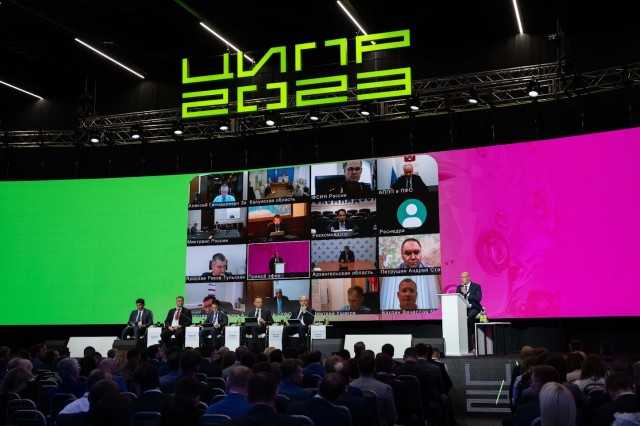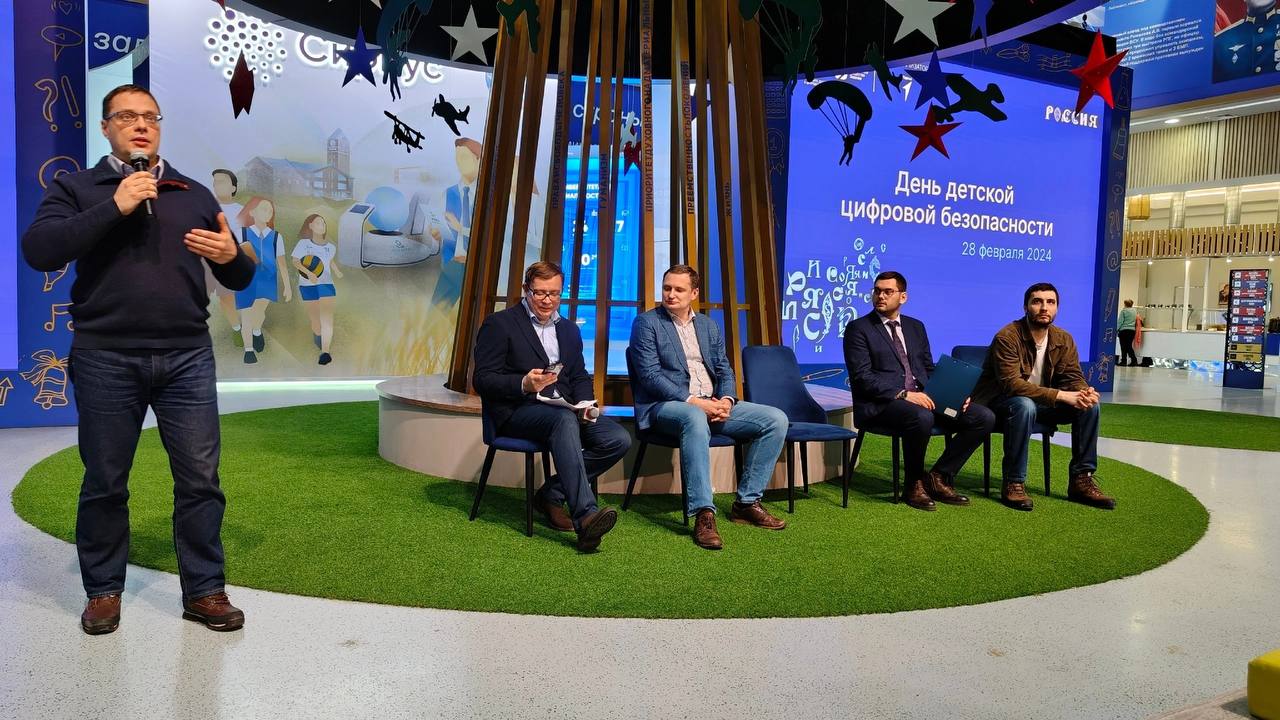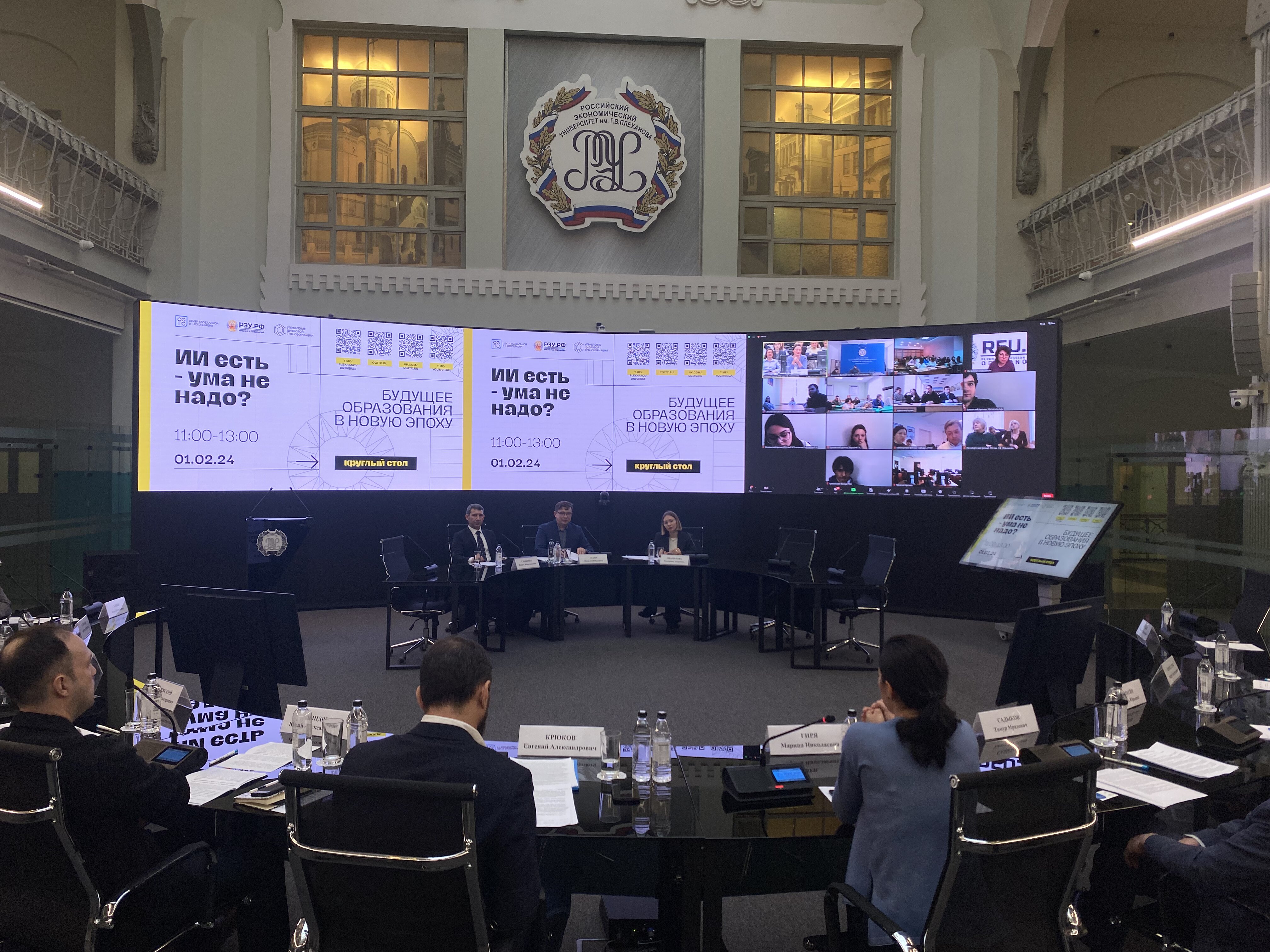The speakers discussed how the IT industry is developing in today's realities, whether the domestic market is capable of providing companies with quality solutions, and what alternatives to more inaccessible Western products currently exist. The panelists paid special attention to the main question - whether the departure of Western companies will lead to dependence on Eastern, mainly Chinese, developments, and how to avoid this.
Alexander Khinstein, Chairman of the State Duma Committee on Information Policy, Information Technology and Communications, argued that the ICT industry needs a certain amount of state control to reduce the risks of monopolization in this segment of the market, as some players clearly want to profit from the current situation. He noted that there have always been domestic services in the Russian market, which have developed in parallel with the foreign services and have become dominant in some segments: from social networking to mapmaking. This means, according to the deputy, that these or those problems in the industry are quite solvable, the main thing is that the government continues to support the business.
The prospects of promoting Russian IT solutions abroad were discussed by Vadim Gluschenko: "What we are seeing is that the state has been involved in this for more than a year now. The second package of support for the IT industry provided for the creation of a "digital attaché" service to help increase demand for Russian IT products abroad. They have already started to work in six countries around the world." He also reported on the Center's pilot project - a series of master classes and round table discussions with leading experts on the markets of the East. They know the market and consumer characteristics from the inside and provide practical advice that will be useful for Russian IT entrepreneurs interested in entering the Chinese market. It is expected that the project will be expanded to other countries in Asia in the future.
In addition, Vadim Gluschenko mentioned the work on the Global Digital Compact, a "soft law" document initiated by UN Secretary General António Guterres that is intended to be the first-ever voluntary set of rules of conduct for all participants in the digital space. "The idea looks good on paper, but we see a clear polarization of positions in the global discussion on this issue. There is the collective West and, separately, the countries of the Global South, the G77. In view of the contradictions between these two camps, there can be no expectation that the views of all stakeholders will be taken into account in the Compact. That is why we came up with the idea of a sustainable digital dialog with our colleagues from other organizations in the Russian expert community. This is an interaction format for countries that value their digital sovereignty and are interested in jointly fighting cybercrime, reducing dependence on Western digital technologies, preserving traditional values in the digital space, and "landing" global digital platforms in national jurisdictions. This is essentially the integration of digital diplomacy and the digital economy, and it can be implemented through digital cooperation offices, which are not a substitute for digital attachés or the Russian Export Center, but rather a complement to existing mechanisms," he concluded.
DIIR is Russia's first conference for global dialog and co-operation between government and business on the development of the digital economy, industry transformation, implementation of the National Digital Economy Program of the Russian Federation, development of domestic high-tech exports, and cybersecurity.




